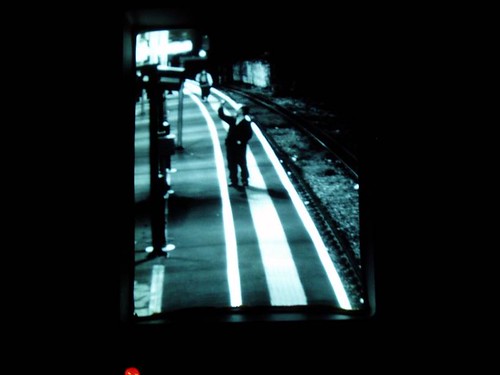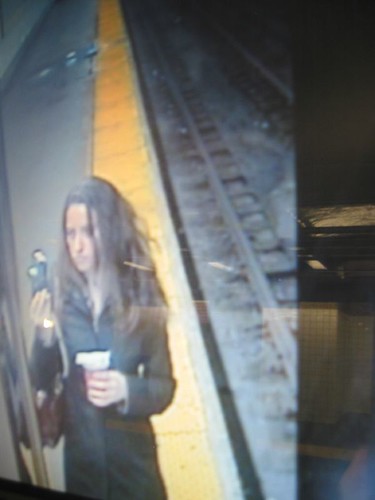
One of the things we’ll need to do if we really want better environmental outcomes is to understand the cost of things that we wouldn’t ordinarily consider, what are known in economics as “externalities”. All the stuff you don’t have actually to pay for. Fast-moving consumer goods companies (FMCG) and their packaging. Oil companies and the environmental legacy of their drilling platforms. And so on.
I found a great example of considering unexpected costs on Chris Dalby’s political rants blog. All these surveillance cameras- how much energy do they consume?
So we got all these cameras and elecronic devices like traffic ligts requireing energy being installed. This constantly increases the carbon offset requirments of the UK and drains energy sources. I have a problem with this from an environmental point of view. Just how much carbon is required to power a camera? Is this extra carbon footprint on the UK justifiable
I know I had not never considered the impact of our creeping surveillance society on UK carbon emissions. This endgadget blog mentions there being 4m such cameras in the UK (the best a quick Google search came up with). Assuming average power consumption of 50watts, that’s 200 Megawatts (MW) for UK surveillance, which is… certainly measurable. Obviously if anyone has insights into these numbers I would love to hear from you.
Chris goes on to consider street lamps too. But he also goes on to make a suggestion – compulsory solar panels on cameras and street lights. Of course these would need to charge batteries or something. There is an obvious flaw in solar powered street lamps (especially in the UK)…. but the idea of distributing power generation to take the strain off the national network and lower total emissions is basically sound.
The civil liberties crowd should maybe get out their wattmeters. One thing CCTV is really good for. Edgy self-portraits. Thanks andyrob for the main illustration!
See more on flickr here. Bonus portrait below by s j b

